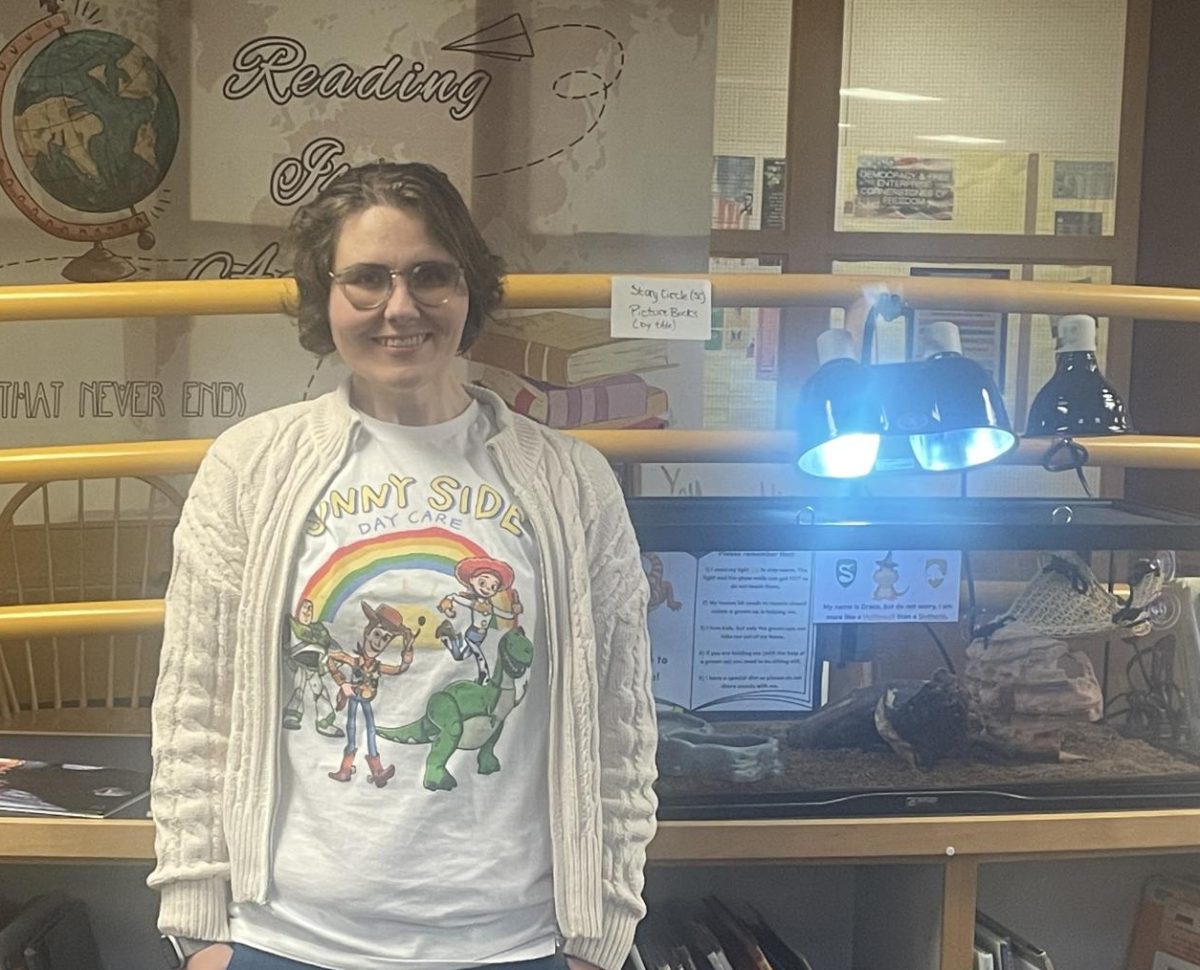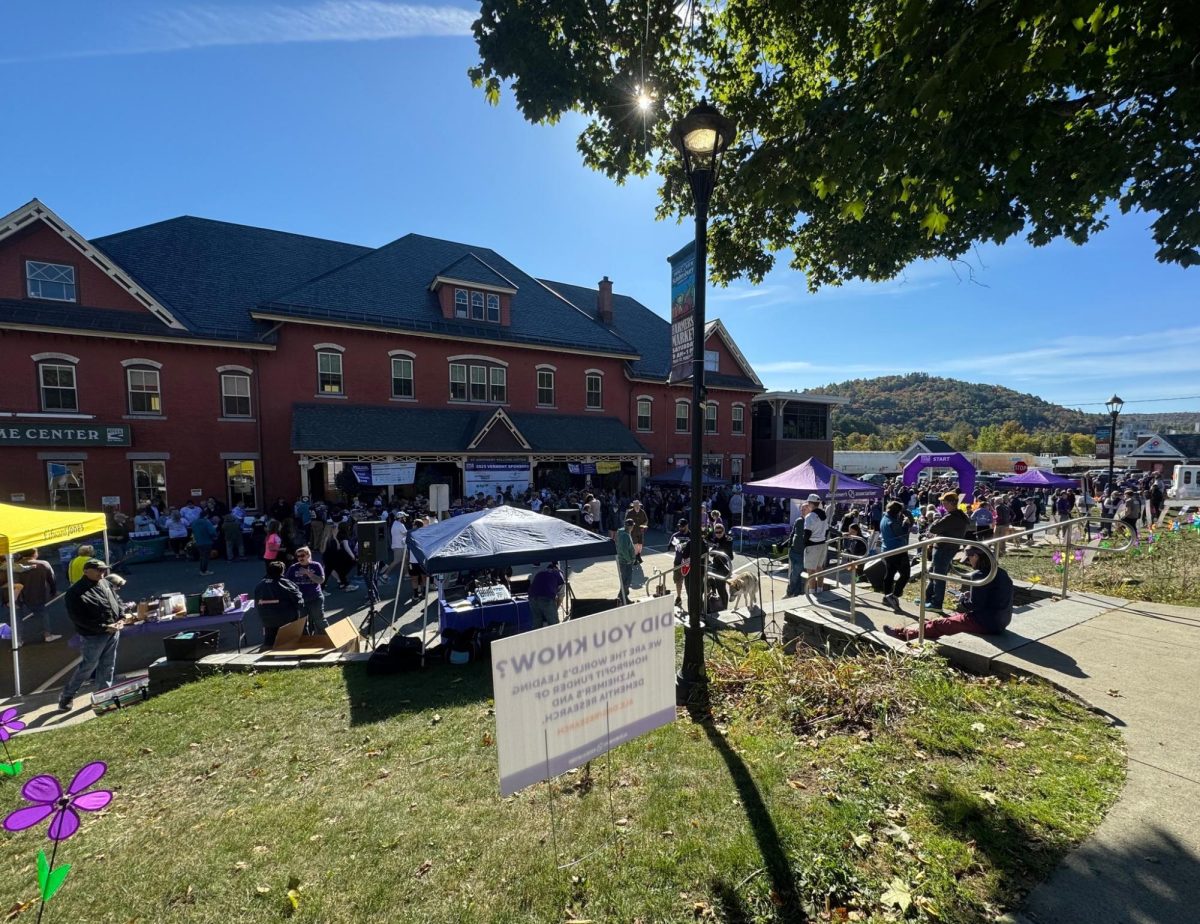Addiction is Neglected by the Rehabilitation System
Drug addiction signifies universal devastation. Substance abuse lies in the realm of a complex psychological issue with the capacity to indisputably destroy lives. The widespread stigmatization of addiction is quite common, leading to a lack of treatment and immeasurable harm done.
Drug addiction has been cast out of the arena of public health demands and instead has become distorted and infamous for its high rates of criminalization. Imprisonment is not a stable solution for aiding drug addicts; its results have proven to be largely harmful, showing no major impact on discouraging drug use, rather fostering its own abusive environment. The incarceration rates for drug-related crimes ignore addiction’s risk factors, many of which are largely shaped by genetics. This fact defies the logic of many stigmas that focus on people suffering from Substance Use Disorder (SUD) becoming addicted to drugs because of a “bad crowd.” The system lacks a structure that understands addicts and their necessities. A sliver of hope, however, is that the critical knowledge exists to implement an accessible and inclusive rehabilitation system, one that could be more integrated into national healthcare.
Generally, success rates for rehabilitation are promising – its main obstacle is its accessibility. For example, there are considerable racial gaps with the admittance of eligible addicts, with African Americans reporting a delay of 4-5 years for admittance in a 2018 study – deplorably long for the readiness that addiction must be treated with. This wait can result in the deadly progression of drug addiction’s severity, as well as less effective treatment once admitted. Furthermore, month-long programs can amount to crushing totals. Despite these expenses, it is vital that people are able to receive life-saving treatment without having to worry about costs. Drug addiction is not simply the result of rebellious or ignorant behavior and must be treated properly rather than continuously ignored.
It is no doubt a chaotic and turbulent situation to both know and be someone suffering from SUD. People cannot grieve addiction as a national crisis without considering new solutions. One of the most valuable aspects of recovery is stability and compassion, and that is something that must be integrated into the system to end this crisis. As of now, without proper interventions, the rates of drug addiction will continue to grow. This neglect is the true injustice.























